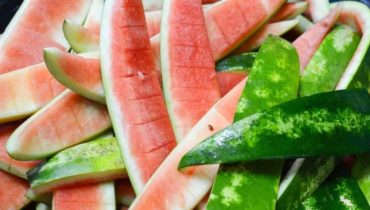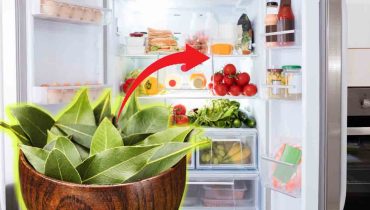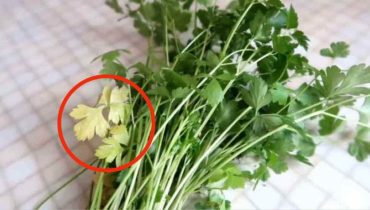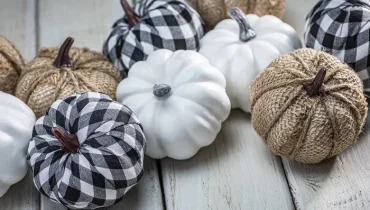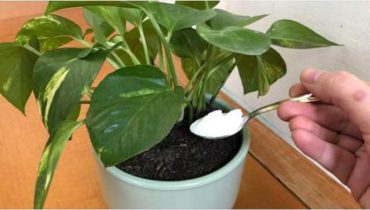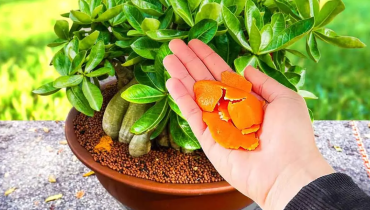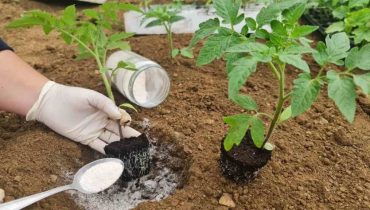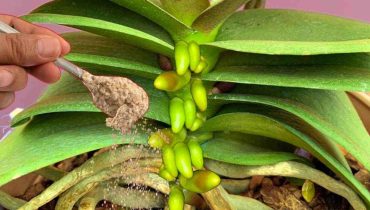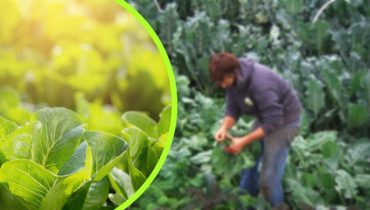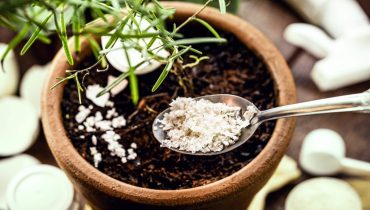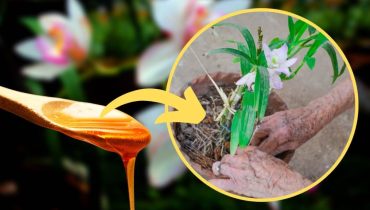Protect Your Plants with an Effective Natural Insecticide
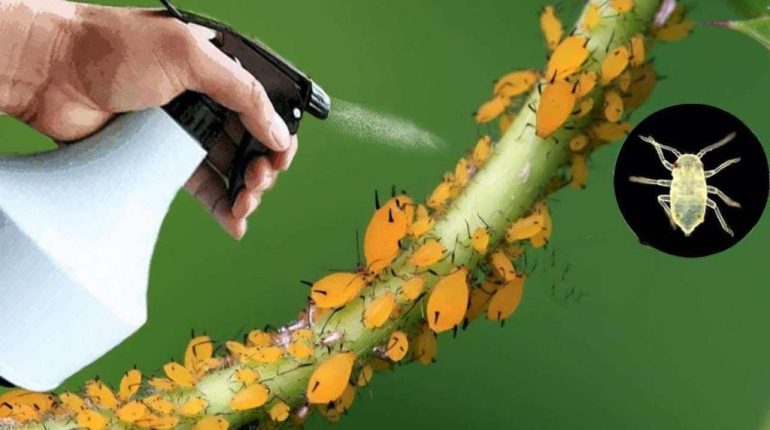
Posted October 20, 2023 by: Admin
You’re looking for a natural way to eliminate all the parasites from your plants? Keep reading to discover how to achieve that.
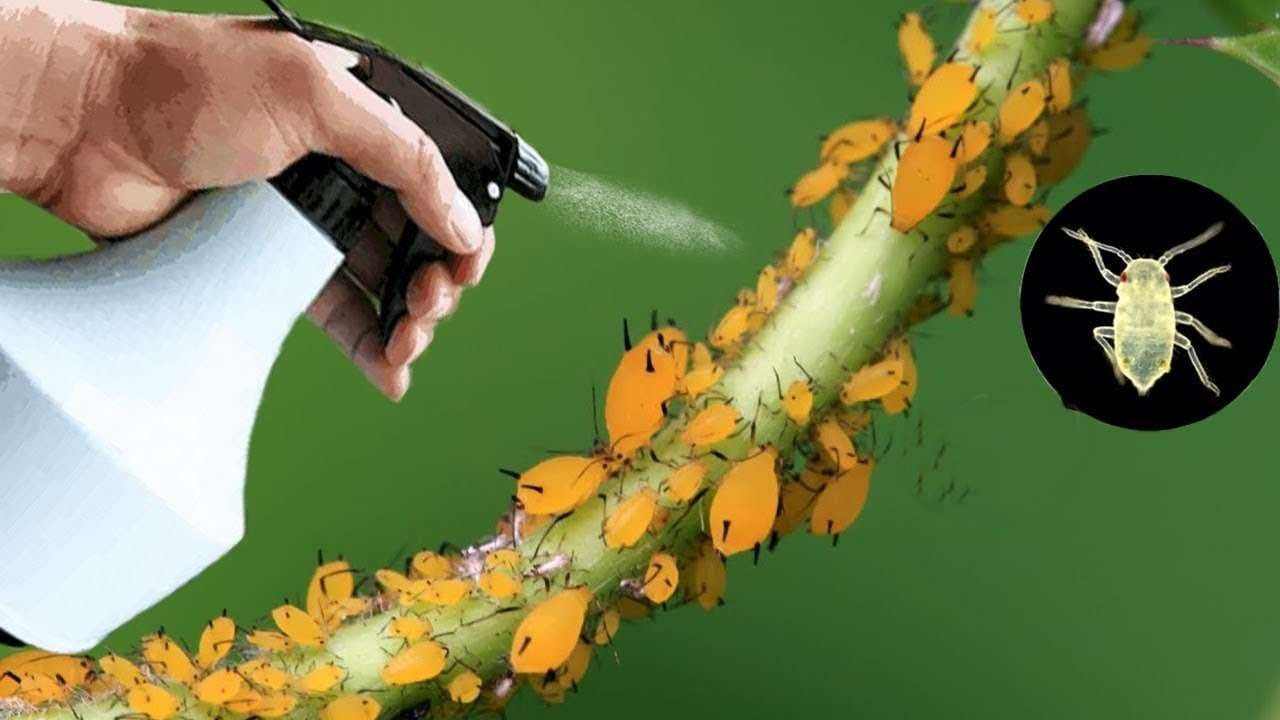
A natural insecticide will help you keep your plants healthy, free from pests, in a completely natural way.
Natural Insecticide: What is it for?
Preparing a natural insecticide against aphids and whiteflies at home will save you money while ensuring the health of your plants. Aphids primarily target the stems and leaves, compromising the germination, flowering, and growth of plants. The first signs of infestation become visible when the leaves start turning yellow because aphids feed on plant sap, hindering their growth.
Natural insecticides are products used to control insect infestations in crops and gardens. Unlike synthetic chemical insecticides, natural insecticides are derived from natural sources such as plants, minerals, or living organisms. They are used to protect plants from harmful insects that can hinder their growth, reduce their yield, or spread diseases.
The use of natural insecticides is part of sustainable farming practices aimed at reducing environmental impact and promoting biodiversity. For example, organic farming relies on natural insecticides and other integrated pest management solutions for sustainable growth.
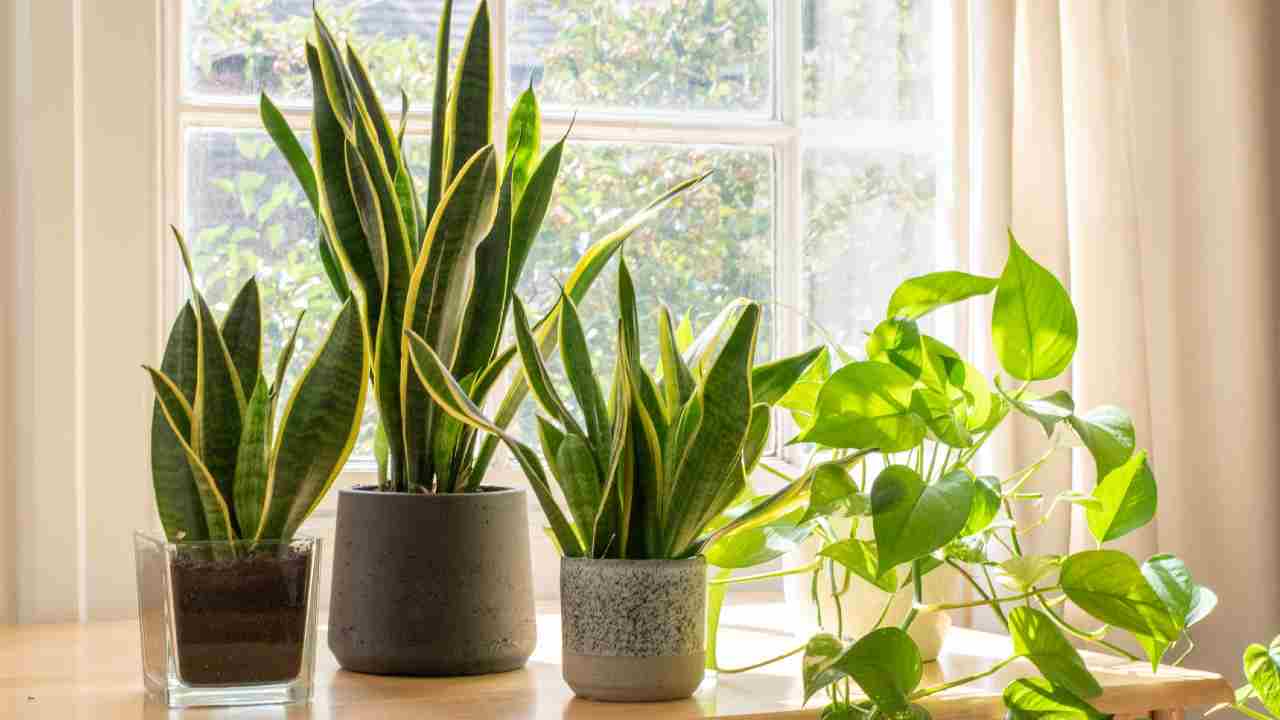
How to Prepare It
The first ingredient needed to concoct a natural insecticide is garlic, with five cloves to peel and place in a blender. Then, add a piece of onion and a generous amount of water while running the blender. To strengthen the solution, incorporate half a teaspoon of pepper (any type of pepper will do). Before mixing, add a tablespoon of dish soap to create a powerful natural liquid insecticide capable of eliminating all pests.
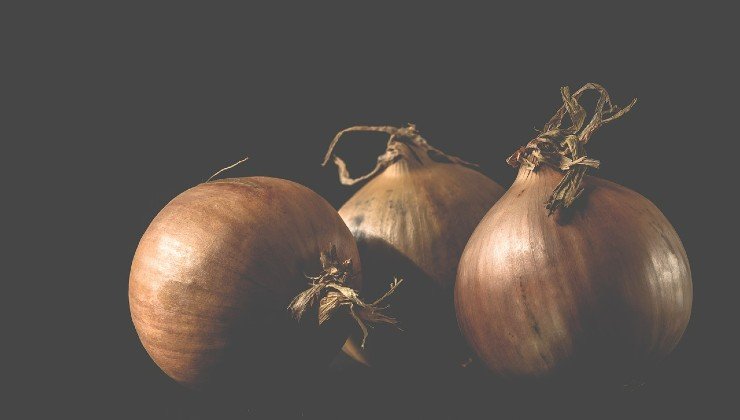
Once the mixture is complete, pour it into a bowl, add water, and mix it thoroughly. Filter the solution through a strainer and transfer the liquid into a spray bottle. You can apply it to plants affected by pests early in the morning or late in the afternoon, avoiding peak sunlight hours. It is recommended to use this insecticide only once a week due to its potency.
It’s worth noting that natural insecticides are often considered safer, less toxic, and less irritating than their chemical counterparts, thereby reducing risks to human and animal health.


